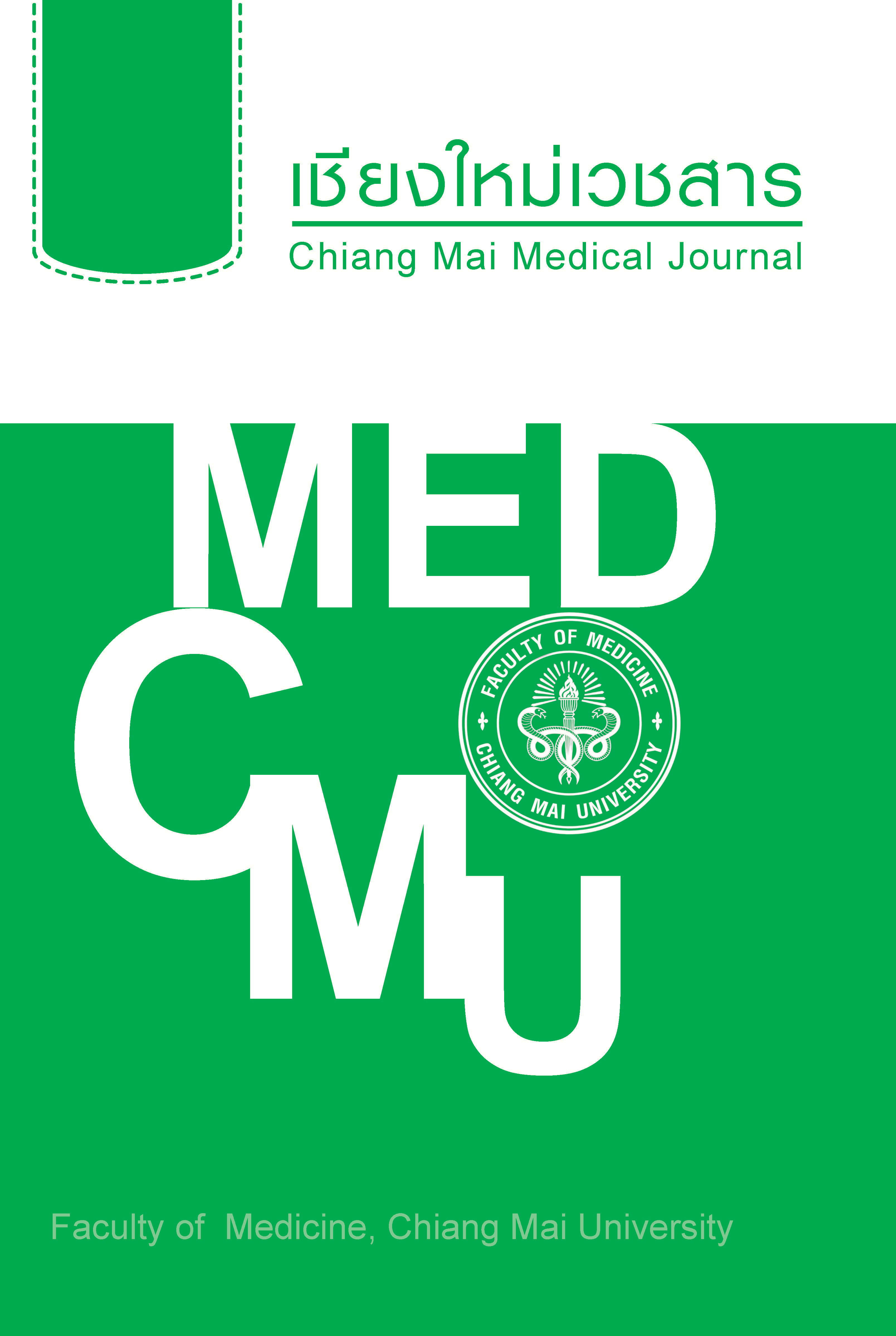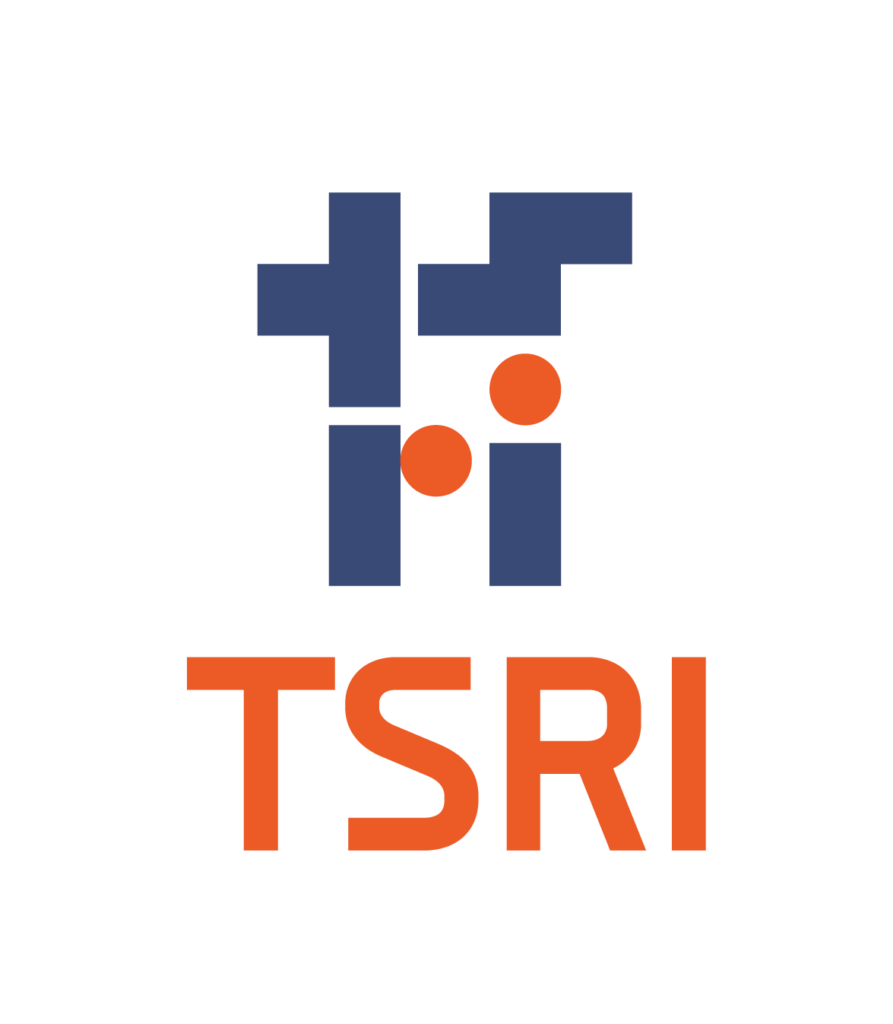Outcomes of epilepsy surgery: Initial experiences in Chiang Mai
Keywords:
drug-resistant epilepsy, epilepsy surgery, outcomeAbstract
Objectives To report our initial experiences using surgical intervention to treat drug resistant epilepsy (DRE).
Methods A retrospective review of DRE patients operated at Maharaj Nakorn Chiang Mai Hospital, Chiang Mai University from 2014 to 2016 was conducted including evaluation of clinical data, surgical outcomes, and complications.
Results Eight patients were operated during the study period, 6 males (75%) and 2 females (25%). The mean age at surgery was 15 years. Most were evaluated as DRE following unsuccessful treatment with a combination of three antiepileptic drugs. After surgery, five patients (62.5%) were free of disabling seizures (Engel class I), and three (37.5%) were almost seizure free (Engel class II). There was only one serious operative complication (memory disturbance) in one patient who underwent an anterior temporal lobectomy.
Conclusion Our initial experience in epilepsy surgery for DRE has shown promising results. A comprehensive epilepsy surgery program should be established including improvement of the associated infrastructure and surgical expertise for the bene fits of patients
References
Rutka JT. Advances in the management of epilepsy. Neurosurg Focus. 2008; 25: E1.
Nowell M, Miserocchi A, McEvoy AW and Duncan JS. Advances in epilepsy surgery. J Neurol Neurosurg Psychiatry. 2014;85:1273-9.
Kwan P, Arzimanoglou A, Berg AT, et al. Defi nition of drug resistant epilepsy: consensus proposal by the ad hoc Task Force of the ILAE Commission on Therapeutic Strategies. Epilepsia. 2010;51:1069-77.
Kanchanatawan B, Limothai C, Srikijvilaikul T, Maes M. Clinical predictors of 2 year outcome of resective epilepsy surgery in adults with refractory epilepsy: a cohort study. BMJ Open. 2014;4:e004852.
Srikijvilaikul T, Lerdlum S, Tepmongkol S, ShuangshotiS. Outcomes after temporal lobectomy for temporal lobe epilepsy with hippocampal sclerosis. J Med Assoc Thai. 2012;95:1173-7.
Engel J, Jr. Clinical neurophysiology, neuroimaging, and the surgical treatment of epilepsy. Curr Opin Neurol Neurosurg. 1993;6:240-9.
Miller JW, Hakimian S. Surgical treatment of epilepsy. Continuum (Minneap Minn). 2013;19: 730-42.
Sillanpaa M and Shinnar S. Long-term mortality in childhood-onset epilepsy. N Engl J Med. 2010;363:2522-9.
Mohammed HS, Kaufman CB, Limbrick DD, Steger-May K, Grubb RL Jr, Rothman SM, et al. Impact of epilepsy surgery on seizure control and quality of life: a 26-year follow-up study. Epilepsia.2012;53:712-20.
Wiebe S, Blume WT, Girvin JP, Eliasziw M, Effectiveness and Effi ciency of Surgery for Temporal Lobe Epilepsy Study G. A randomized, controlled trial of surgery for temporal lobe epilepsy. N Engl J Med. 2001;345:311-8.











